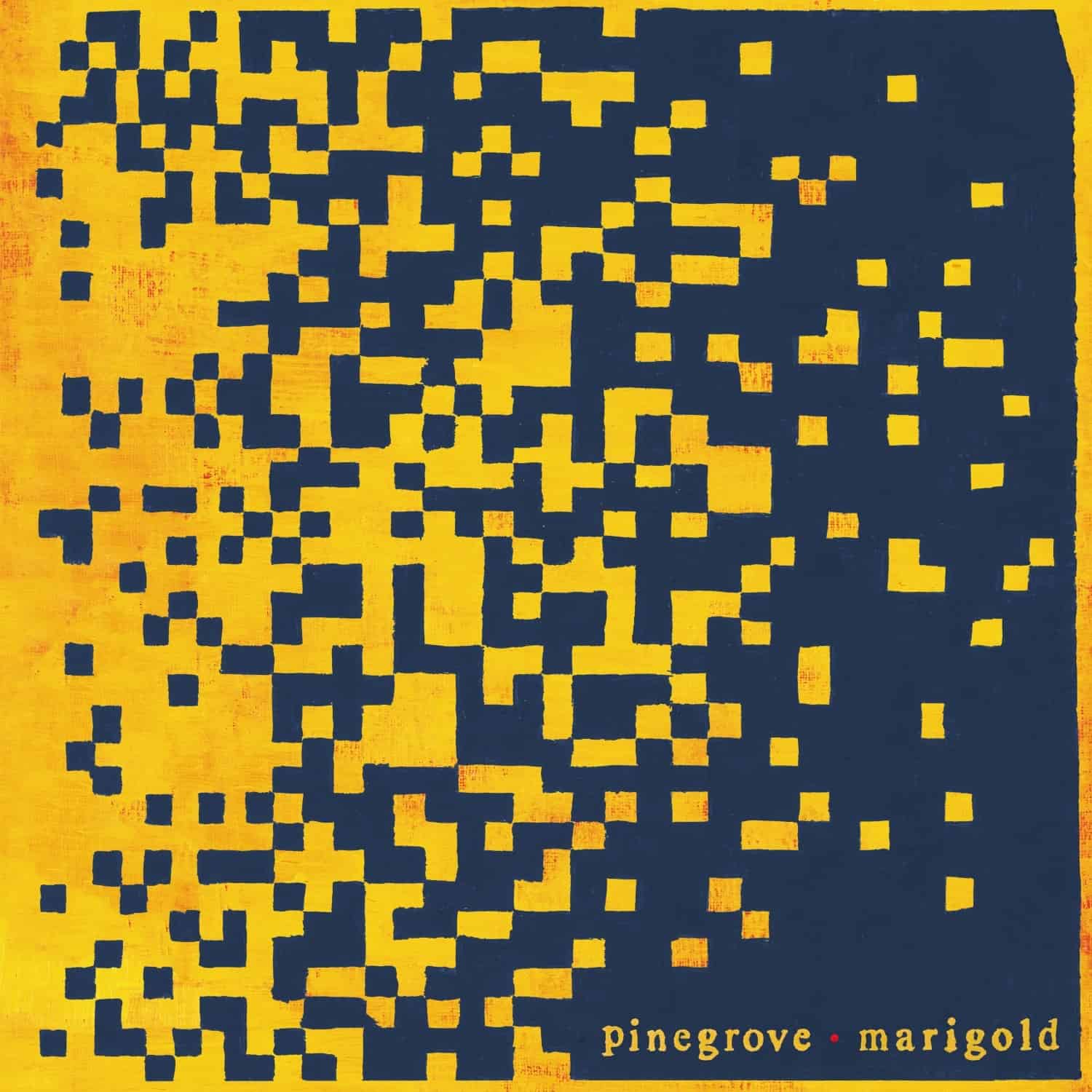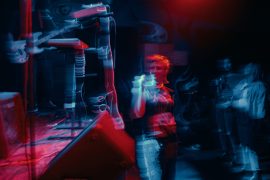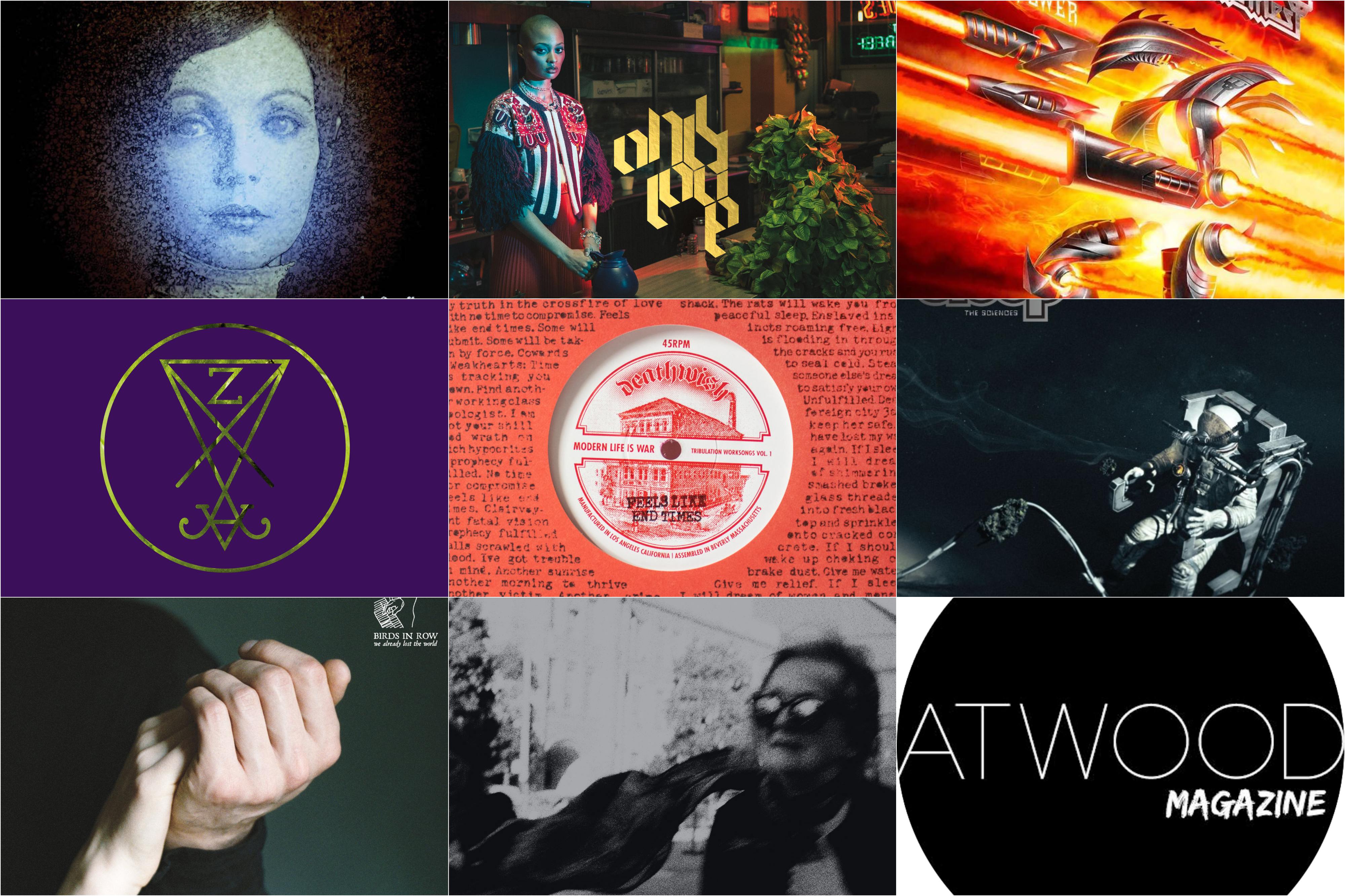A representation of Eric D. Johnson’s fullest creative vision to date, Fruit Bats’ ‘A River Running to Your Heart’ blends folk melodies, bright synth layers, and wistful vocals with concepts of the sense of place and the journey in which one must embark on to get there.
Stream: ‘A River Running to Your Heart’ – Fruit Bats
Eric D. Johnson’s Fruit Bats returns with A River Running to Your Heart, a breezy, bright collection of Johnson’s fond memories of locations, friends and family that have intertwined to create a map of wistful moments.
Released April 14, 2023 via Merge Records, A River Running to Your Heart is Fruit Bats’ tenth full-length and his first since The Pet Parade in 2021. The release follows Johnson’s involvement in indie folk trio Bonny Light Horseman’s critically acclaimed 2022 album, Rolling Golden Holy.
His first self-produced album, Johnson completed the project with Jeremy Harris at Panoramic House next to the magnificent shores of Stinson Beach in Northern California, a location in which he attributes some of the album’s themes of beauty and grandeur to.
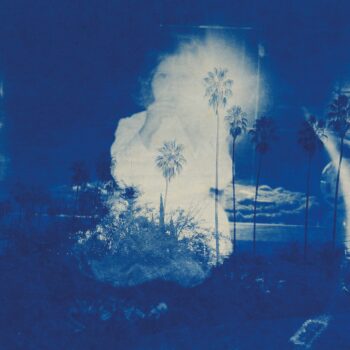
With driving folksy rhythms, subtle instrumental layers and scattered harmonies, Fruit Bat’s tenth LP is a refreshing take on a new Johnson-coined theme – “emotional geography.”
“Over the years there’s been a lot of geography in my music, a lot of landscapes,” Johnson says. “Sometimes the places are real, sometimes they’re emotional. I’ve always liked the idea of songs and albums that exist in a continuum with one another. I’m not talking about some kind of deep series of concept albums, mind you. More like the idea that my songs are all pretty much tributaries of the same river. Which makes a lot of metaphorical sense because my path has been long and winding and often slow and muddy. But always moving towards the sea.”
Such larger-than-life imagery and themes of wandering and traveling pleasantly pair with Fruit Bats’ energizing melodies and built-up chord progressions. There’s rejuvenating freedom to Johnson’s lyrics as he contemplates vast ideas that contribute to the feeling of what it means to be home, whether that be geographically, emotionally, or spiritually.
Johnson’s vision for A River Running to Your Heart clearly isn’t that of rigid direction or understanding; it’s more so a journey of self-discovery and self-understanding.
There’s elements of a free-flowy, unplanned existence that may not make sense in the moment, but reminiscing on experiences and locations – as Johnson does in this record – allows for a sense of understanding that may not be had in the time being.
“The songs exist in a world that you can sort of travel from one to another,” says Johnson. “There are roads and rivers between these songs.”
There’s also a rejuvenation to Fruit Bats’ following. After two decades of songwriting, Johnson’s Fruit Bats find themselves selling out venues larger than ever before and connecting with a growing audience. All the while, the emotional maturity of Fruit Bats continues to grow in the form of inviting songs that have resulted in an intimate experience for listeners.
Atwood Magazine sat down with Eric D. Johnson to discuss his new record, A River Running to Your Heart.
I’m not desperate for every single person to know exactly what I’m saying. And I’m excited when people can apply something really personal to their own life, and they’re different from me.
— —
:: stream/purchase A River Running to Your Heart here ::
:: connect with Fruit Bats here ::
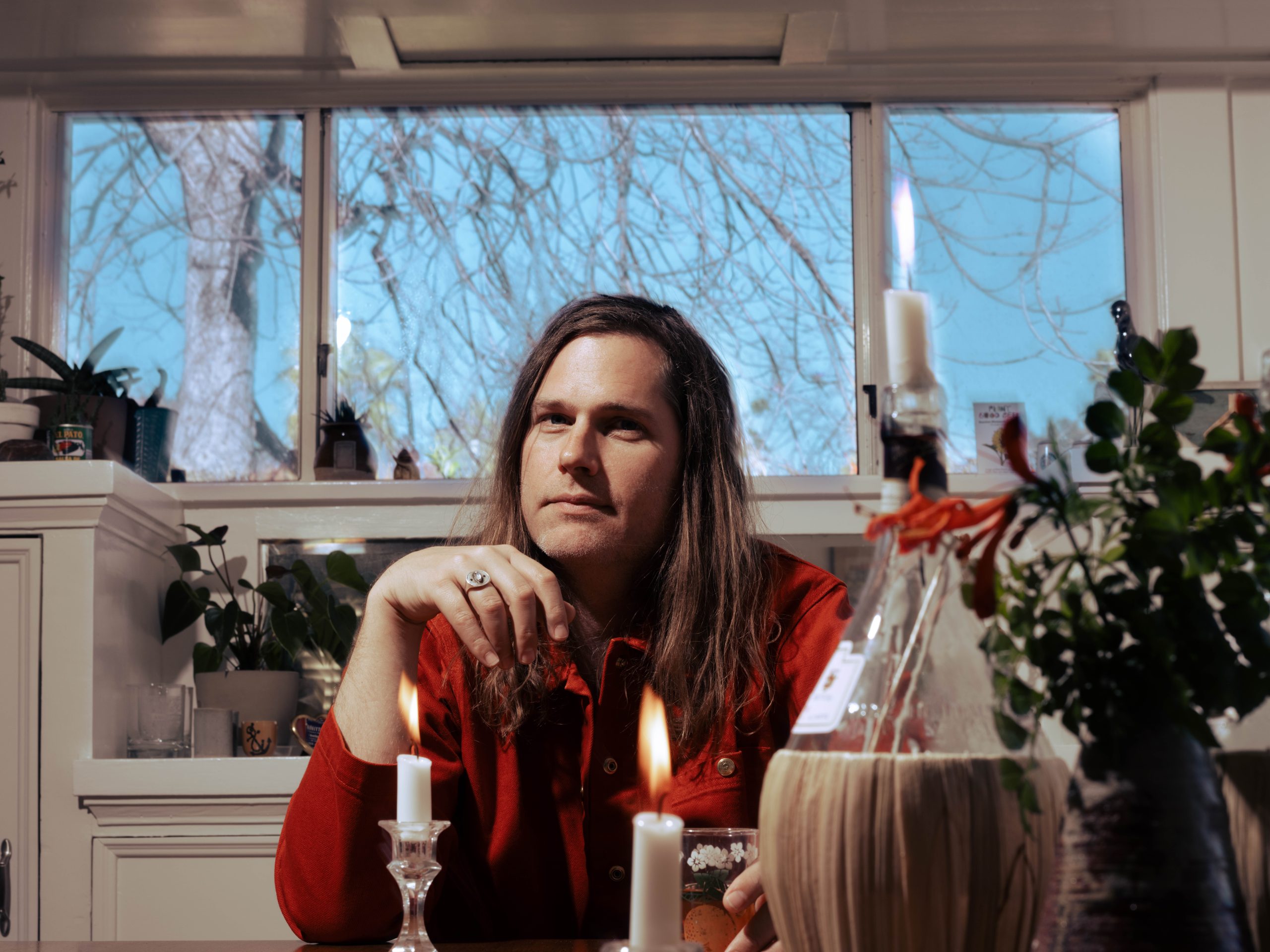
A Conversation With Fruit Bats’ Eric D. Johnson

Atwood Magazine: A River Running to Your Heart is your first self-produced record. How was that experience? What have you learned?
Eric D. Johnson: I should say, it’s my first big, big swing because a few years ago I got tasked to do this Smashing Pumpkins full cover of Siamese Dream. It was kind of early pandemic, and I just did it in a tiny bedroom in my house. I’ve always done my own stuff, too. I always kind of produce my own demos, and I’m always sort of involved in the production process. Siamese Dream was something that just seemed like a lark. I didn’t think anybody would hear it, it was just like, “whatever. I’ll just kind of put this out in the world.” And then it got a ton of attention. And I was like, “I think I could do this the next time around.” I was inspired to go do it. And I was like, let’s get an engineer and let’s do it in a studio and stuff like that. So it was cool. It didn’t feel like a brand new experience, but it kind of was too, I feel like I’ve been easing up to it for a really long time. So it didn’t feel like, “Oh my god, this is crazy.” It felt very natural. But also, every decision is mine. And I’ve worked with so many good producers. I feel like over the years I’ve sort of learned, I thought about them, all the different great talented producers I’ve worked with, I was thinking about them a lot.
And I think that kind of also makes me curious about your vision going into this record, you know, since you were kind of more on your own. Did producing it yourself change your vision at all?
Eric D. Johnson: The vision constantly changes when I’m working, and that includes producing and writing too. My style is that I always refer to the “walking down the wrong hallway.” I’m not a Brian Wilson, you know, where I don’t have a tape recorder in my brain. And like, obsessively you try to reach the finish, like you try to reach this point that you’re seeing. I sort of like meandering to the end and kind of being like I took a wrong turn here, but I went somewhere better. I mean, of course, I know what I want too, it’s not just like a mess! Yeah, it’s kind of a weird meandering adventure down a winding road.
Coming up to Stinson, there’s just a certain kind of grandeur there that I think sort of seeps its way into to record. Maybe like one of the other most famous records made at that studio, The Waterfall by My Morning Jacket, you know, like sort of has that epic feel to it. But I knew that I wanted to go there to work. I had been to that studio before; kind of worked on little things there, but I never holed up and completed a whole record there. So, I knew what I was getting myself into.
What were some of the inspiring elements for the decision to focus on more introspective feelings?
Eric D. Johnson: It’s tricky because I feel like at this point I have so many records, like of course you get the press release thing, like ‘this record’s about this!’ Right – like at this point I’m so many records in that I’m like, “these are all just my diary.” I’m now too many records in to be like, “this is what this movie’s gonna be about,” or whatever. I tend to write sort of, you know, clusters of songs on records, and they’re sort of all a piece, so I mean, you can kind of hear themes emerge after you’re done with the record. You can sort of see what your preoccupation was and there was definitely a lot of geography on this record, but like, I’m always working with all kinds of themes, you know, on every record, and I feel like some of them pop out a little bit more. This one definitely has more of a feeling of a big world map that we’re working on.
Do you have any favorite lyrics from this record?
Eric D. Johnson: It’s that line, “a river running to your heart,” because when I’m in the middle of making a record, I can usually figure out that maybe there’s going to be a title track or something that is the song that the album gets named after. Like The Pet Parade, that just seemed totally like it had to be called “Pet Parade.” But this one was less clear, because the name of that song is “Russian River Valley,” which was never a contender. So this is one that doesn’t have a title track, I actually pulled it from a lyric, but even there I was poring through those lyrics and I could not find the title track and I couldn’t find a lyric to pull a title from and I was like, maybe it’s gonna be called something else. I don’t know. But then I was listening to that first song, and I was like, “wait, are you joking? It’s that. It’s a river running to your heart.” And, you know, it speaks to that kind of emotional geography. And that speaks kind of to my theory about how I want to write too, like very much a laser beam aimed at you that I’m trying to sort of give you some emotional energy right into your heart. So yeah, that’s the lyric that I realized eventually stuck out to me. But I weirdly had to search for it.
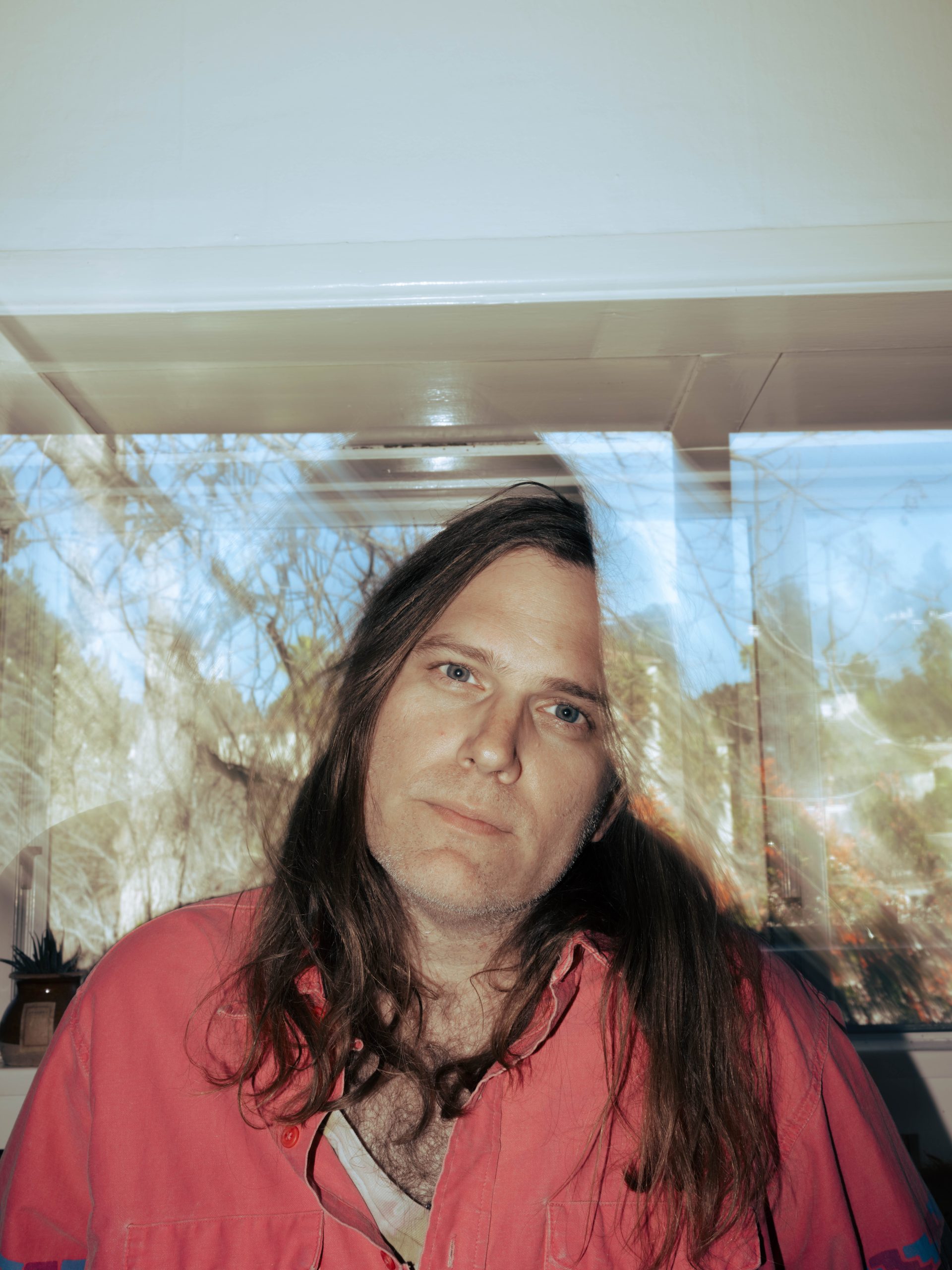
What do you mean by emotional geography?
Eric D. Johnson: It was kind of a conflict that begun when I started doing Gold Past Life. That song “Drawn Away” on that record, is like, my first exploration of that and just how our feelings are connected to our sense of place or our current spot on the map, you know, and sort of the evocative nature of place and leaving a place for a long time and coming back to it and all that. I remember writing that song and that was the first time I thought about that, and then I just became preoccupied with it as something to write about because it feels pretty specific, but kind of huge, a theme I can explore in a lot of different songs and not feel like I’m just hammering out the same idea. I remember kind of coming back to this record and being like, I still need to kind of make that “emotional geography” record, I guess. As a concept, it’s kind of big.
You've been making music for two decades. Everyone is so excited about the new records that you're putting out. Does that give you more of a confidence to experiment or to try new things?
Eric D. Johnson: Yeah, I’ve made records for so long that in the early days, it was like pre-streaming and free content, free social media, you know, like you made records in a bigger way and a smaller way at the same time. Now you kind of have to be more prolific, which I like. Basically, I feel like I’ve come into my own as a writer and a producer of music at a time when you kind of need to do way more. I wasn’t so much like that 15, 20 years ago. And then also I’ve been lucky enough that it took me a really long time to have people take notice of my music, I just kind of hung in there. And it really took me like 19 years before things kind of broke through for me and now they sort of have. Basically, to answer your question, Yes. I’m way more confident now because I have more listeners but I’m also seasoned at this point as a writer. I know what I’m doing. So yeah, way more confident.
You have accumulated this resurgence of a following. And that's obviously leading into a new tour that you're about to embark on. What are your thoughts going into that?
Eric D. Johnson: The last tour was so unexpectedly big, you know, like, a lot of sold out shows because we kind of went for bigger venues and stuff like that. But it was completely unexpected. We didn’t know that was going to happen. We just kind of went for it and thought, “maybe, we’ll see!” You never know these days. It’s so tricky. That last tour we did was the first one that kind of felt that way. So now the second one is exciting because I’m like, “well, let’s hope that that’s the same vibe,” but also a little scary. We’ve only done one tour that was like gangbusters. So, this one is shaping up to be good. People are buying tickets. So, it’s gonna be cool, but yeah, We were just hammering it out in really small clubs for the first 19 years of this band. Sometimes empty places, sometimes you’d have a good night – it kind of all came together in the last few years. So, it’s just weird. It’s a weird position to be in. I don’t even know how to feel about it yet. It’s still kind of new. But I love that people love the new stuff. I’m happy that people are connected to like, how I’m feeling now, you know?
Totally. 19 years is a long time – How did you keep your head in it and continue finding inspiration to make music?
Eric D. Johnson: I get asked that question a lot. And I’m like, I don’t know. I joke, but it’s kind of true. I don’t know what else I would do. It’s like the thing that I believe that I’m good at. We’ve had to have some weird blind faith in myself. Even though it was a struggle for that long, I always have little things happen every year that sort of kept that going. There was never like a huge thing or a huge breakthrough, but there were always lots of little things. So, it always felt like it moved forward for the most part, like even if it was just like an inch per year. You could always feel a little bit of forward momentum. By the time you’re 15 years in or something like that, and all your friends are playing music and you know people, that’s just your world. I don’t know, I didn’t want to ever leave it. I still don’t!
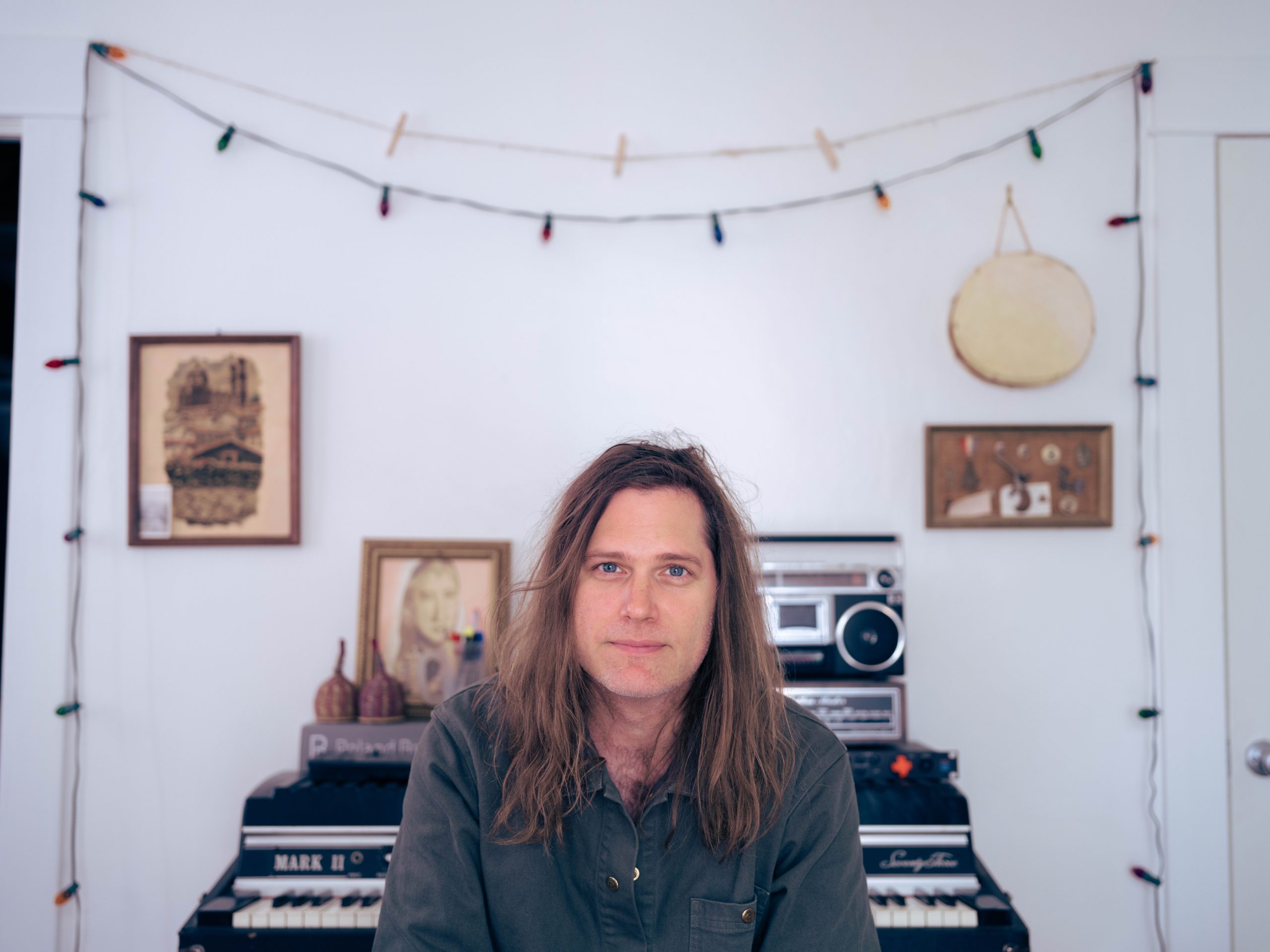
How do you hope that your listeners are interacting with your songs and feelings?
Eric D. Johnson: I’ve come to the realization that I don’t care as much anymore about being understood the way I used to when I was younger, where I was just like, ‘understand me!’ That youthful “dying to be understood.” And then at the same time, I’ve become a better writer, and better at conveying being understood. So people understand me better now too, it’s like a perfect convergence. I don’t need it anymore. And yet also I’m probably better at pulling it out too. When I wrote a song like “When You Love Somebody,” which is like 20 years old, that was a weirdly lazy song, but it clearly had a very huge impact on just some of the themes – it was very emotional and simple. And now I’m better at actually crafting some emotions and having it be understood. And again, at the same time, of course, you want people to hear it for what it is when you write something, but it’s art and it’s weird. I’m not desperate for every single person to know exactly what I’m saying. And I’m excited when people can apply something really personal to their own life, and they’re different from me. So it’s gonna give them a different feeling.
Were there any specific influences in terms of sound or songwriting that you pulled for this album specifically?
Eric D. Johnson: It’s weird, usually, like, for years, when I would make records, I would get super obsessed with like, I don’t know, three or four records where you don’t want to like rip people off, but you’re getting really influenced. Kind of starting with Gold Past Life, I sort of made a little bit of a conscious effort not to think too much about that. And not that I’m not listening to things and ingesting them, but I just sort of want to give people the most Fruit Batsy thing possible, you know, not be like “I’m gonna make a thing that sounds like a thing.” I get a little more into just being who am I in this. And of course, I have influences, but they’re vast and deep within me too. And I’m always discovering new stuff that I get excited about. You hear some new thing and you’d be like, “oh, I need to sound like that thing.” You get kind of uptight about like, where do I fit in with all this new music or whatever, or getting obsessed with sounding like an old thing and getting really preoccupied with influence and stuff, and now I’m kind of less so like that. Now. I just sound like myself.
— —
:: stream/purchase A River Running to Your Heart here ::
:: connect with Fruit Bats here ::
— — — —
Connect to Fruit Bats on
Facebook, Twitter, Instagram
Discover new music on Atwood Magazine
© Chantal Anderson
:: Stream Fruit Bats ::

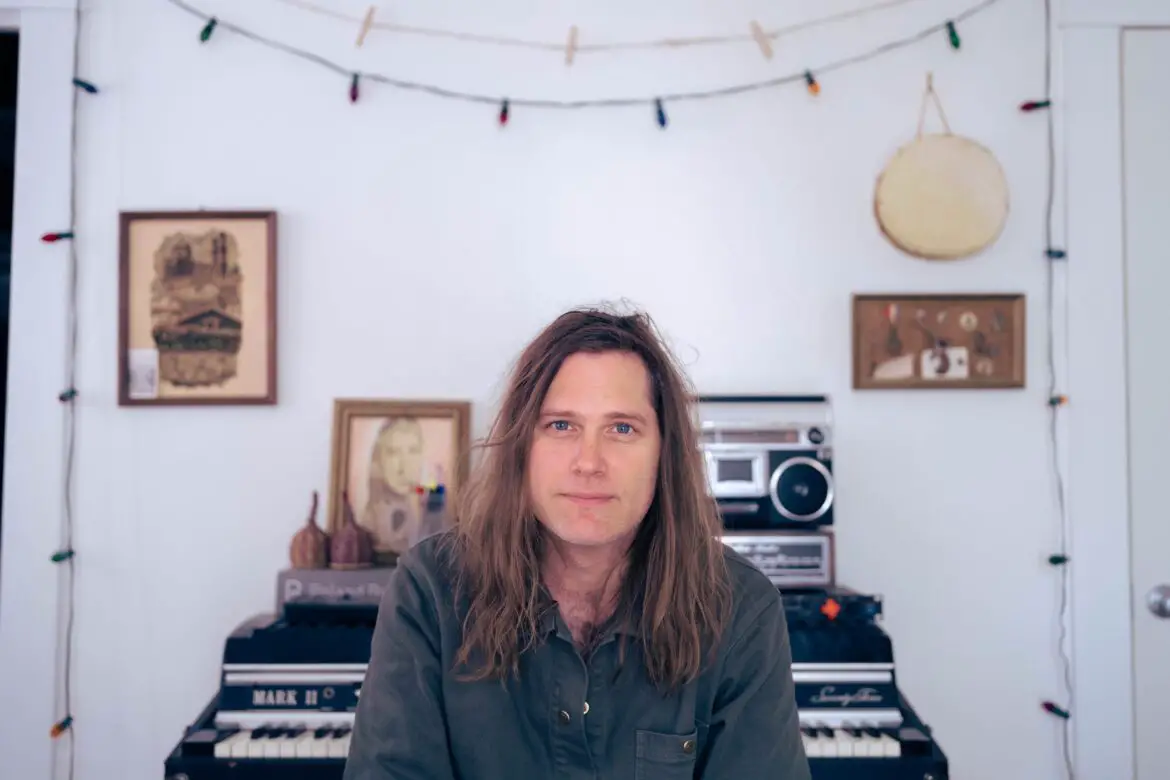
 © Chantal Anderson
© Chantal Anderson

